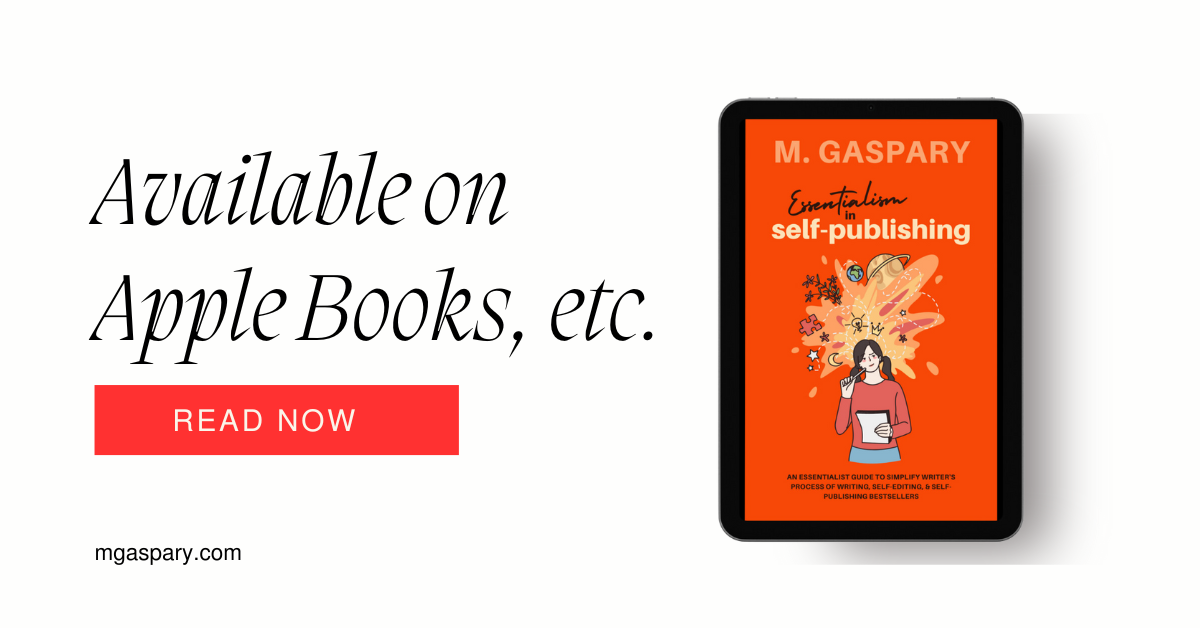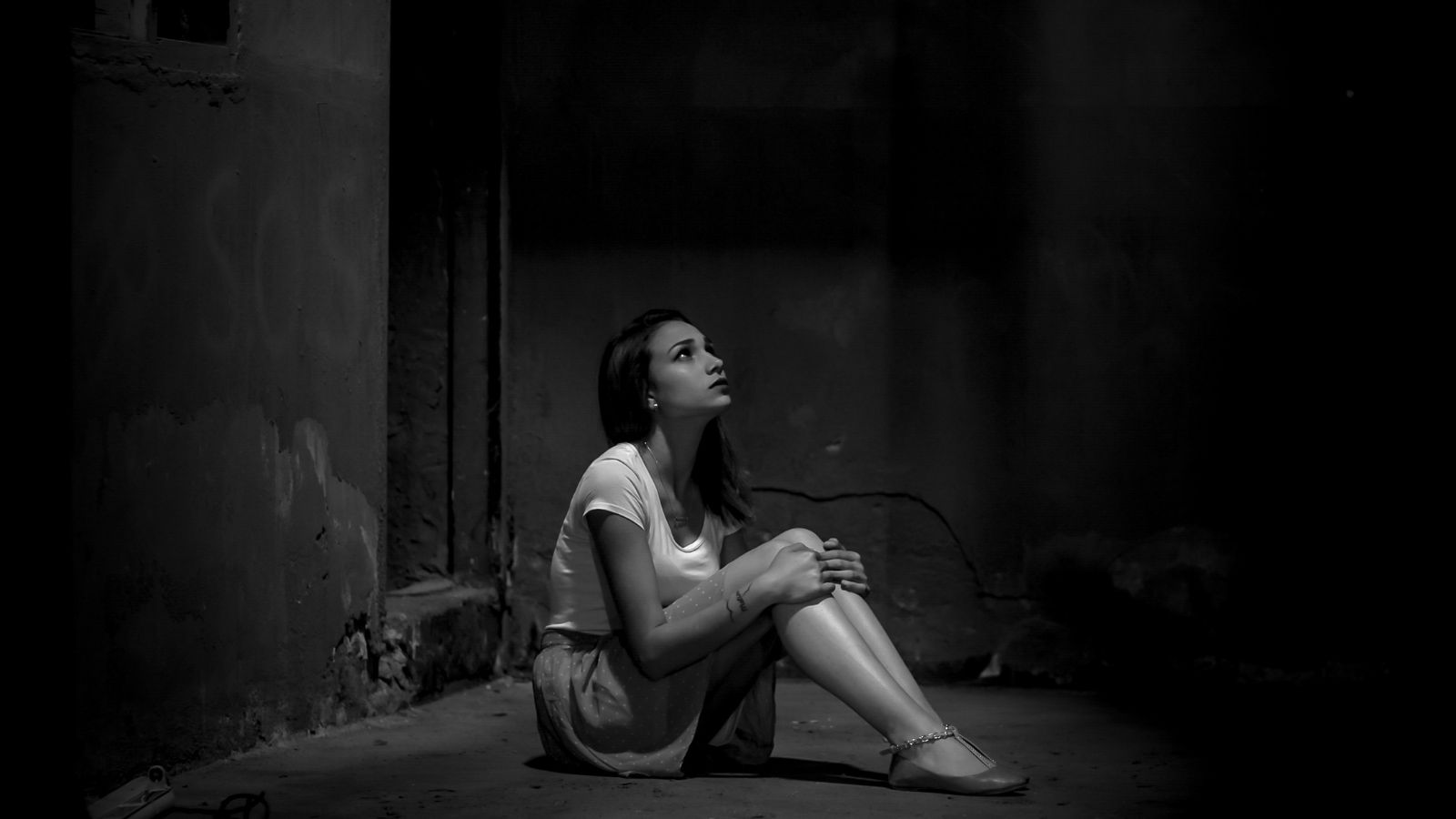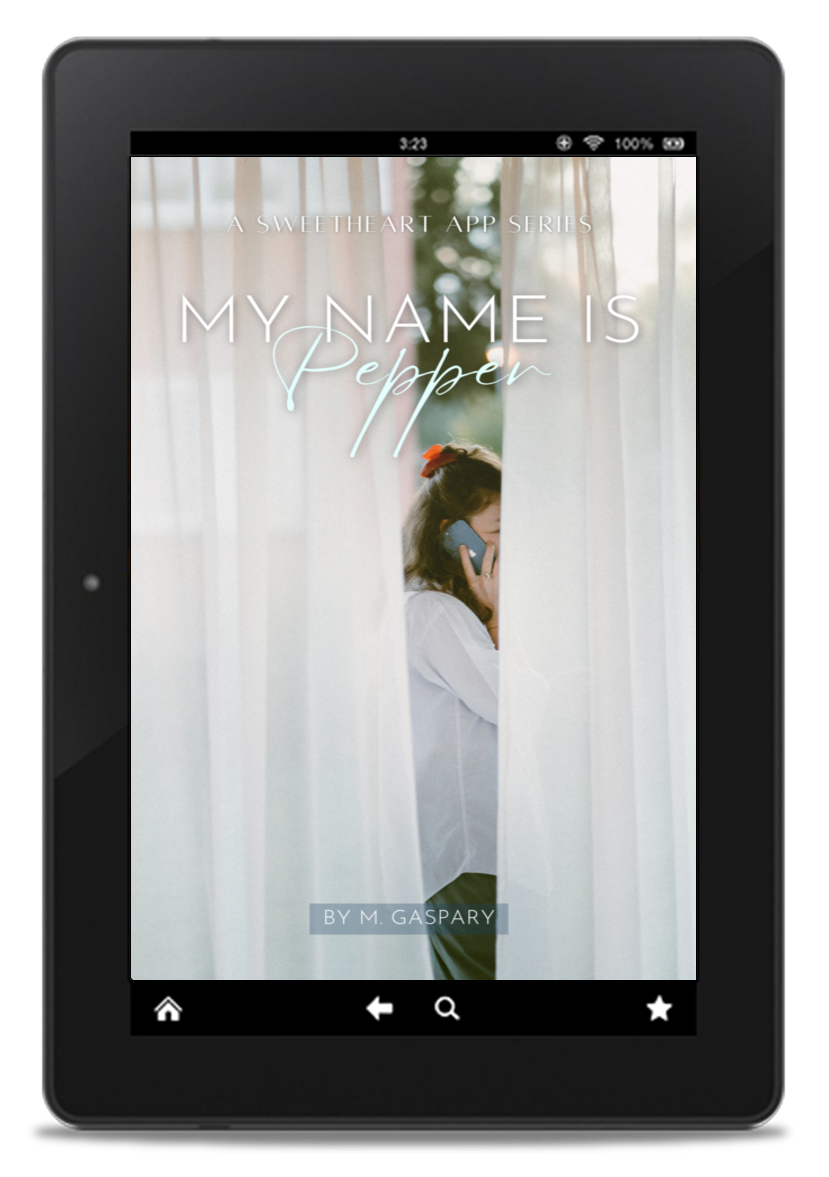Hi, my friend! Mecyll here. 🙂
Today, I will share with you what living with Complex PTSD is like and how it affects my writing life. That means asking the most basic questions like what complex PTSD is and how different it is to the class PTSD we know. To shed more light on this issue, I will also share one of my journal entries so that you will gain insights and understanding about it.
Living with Complex PTSD vs. PTSD: A Huge Gap
I assume you’ve heard about PTSD, an acronym for Post-Traumatic Stress Disorder, and how debilitating it can be for the person struggling with it. But what is Complex PTSD?
What are the significant differences between PTSD and CPTSD?
Aside from the word “Complex,” the gap between the two is the frequency of the person’s exposure to the traumatic events happening in the surroundings, i.e., workplace and home.
Someone may develop symptoms of PTSD after a one-time exposure to a traumatic event or single-incident trauma, such as sexual assault, serious accident, war, etc. In contrast, exposure to CPTSD requires more than once. And the worst part?
The individual, regardless of age and background but primarily children must encounter a prolonged re-exposure to the same traumatic event, repeatedly experiencing the same stress level that doesn’t seem to fade away.
Living with cPTSD: Complex Trauma in Adults
In other words, unlike PTSD, the sufferer must have endured years-long constant narcissistic abuse from their caregivers or family members to develop CPTSD. It’s not like the abuse only happened once for someone to start living with Complex Posttraumatic Stress.
Children, who grew up in an abusive home, feel more helpless and unable to escape and run away from their abusers. The longer they stay within the confines of their abusers, the higher the chances of developing Complex PTSD due to childhood trauma which will last until adulthood or beyond.
Living with Complex PTSD & Childhood Trauma: To whom could they run?
You know, kids as young as below four years old can’t support themselves financially. Let alone find a new safe home to live in peace. They are too preoccupied with surviving every minute, day, and night than caring for comfort. So, their minds are too busy to think of other things than the ongoing abuse per se.
Unfortunately, their parents or primary caregivers, who were supposed to give them the unconditional love they needed, were responsible for inflicting pain. There’s no single day when the abuse didn’t occur, and extend that to, let’s say, 20 years (when the child becomes an adult).
Imagine yourself being in that child’s shoes—beaten up and bullied by the parents and family members every day and night. Who wouldn’t make them suffer living with complex PTSD?

Don’t You think you go crazy after that? Yes, I almost did.
Years of daily physical, emotional, and psychological abuse can lead to developing PTSD or Complex PTSD in adulthood which requires lifelong consistent treatment and therapy for the sufferer. Sadly, I’ve been dealing with mental health issues since I was 16. As I got older, I have been living with Complex PTSD for I don’t know how long.
Take note: It wasn’t until 2020 that CPTSD was officially recognized by the American Psychiatric Association (APA).
Understanding & Living With Complex PTSD
Not only must I learn how to deal with the triggers that could cause dramatic inner self unrest and judgments from others, but I try to live the best version of my life with deep scars (literally and metaphorically).
According to a group of researchers, the results of their study in 2018, entitled “Posttraumatic Stress Disorder and Complex Posttraumatic Stress Disorder in DSM-5 and ICD-11: Clinical and Behavioral Correlates,” showed that people like me, who suffered from CPTSD, have higher diagnostic associations with depression, anxiety, and suicidal ideation, as well as self-harm compared to those with PTSD.

Living with Complex PTSD & Its Role in My Writing Life
Before we get into the details, I would like to introduce this mental health illness by differentiating between living with PTSD and living with Complex PTSD. Then, towards the end, I’ll share an actual journal entry I wrote four years ago. Though I’ve never done this before, I know it will help you understand how devastating CPTSD can be to someone’s life.
WARNING: Reading this entry might lead to triggers if you have any history of mental illness.
July 28, 2018, 10:16 AM, Saturday
I don’t know where to start writing, but I guess I will first let my mind flow how it wants. Just in case, whatever happens to me, someone reading my entries will know what’s going on. From the outside, I look sick—somehow OK—but I say it’s a clear voice of what’s happening inside me.
In the past ten (10) years, I’ve been harming myself by cutting my skin like a piece of paper to write on. I wrote “LOVE” on my arm for the first time. I was 16 years old at that time. A top student, graduating valedictorian and with lots of awards. But I wasn’t happy. It was something for my family’s happiness, not mine. It was a promise I had to fulfill after failing to achieve the Top 1 in grade school.
“I’m sorry, Ma. I couldn’t make it (being a valedictorian),” a 12-year-old me said.
“It’s okay, as long as you promise me to graduate as the Top 1 in your high school,” Mama said.
So, I did fulfill the promise. As a result of all the pressure—being unlawfully taken out as the editor-in-chief of the school publication, being pressured as a class president with my homeroom adviser, who happened to be the same person who moderated “Cistern” (school publication), being a Student Body Organization (SBO) Vice President, and class Valedictorian—ranting, scolding, and overly controlling home after I return from school, all of these played roles in my decision to cut myself using a nail pusher onto my skin.
At 18, I cut my wrist, and Clifford (a Student Assistant in College) saw it. At 20, I created a scene at Lestonnac Retreat House because of Sir Pimentel’s scolding, that almost suspended the entire 3-day retreat.
In college, Ma’am Beng Manla, then Teacher’s Guild Moderator, told me, “You can’t make your emotional instability an excuse.” I failed to realize that I had developed a problematic, complex personality disorder all these years.
From those times until now, I felt like it was ongoing. I still cut myself, punched my torso, slapped myself on my arm until bruises mapped my body, and succumbed to an eating disorder.
Within ten years, I developed a bad eating habit wherein I’m not particularly eager to eat whenever I feel stressed to starvation. Because of that, I have a series of weight fluctuations. Now at 55 kgs (123 lbs).
Since December 1, 2017, when my husband left four days after we got married because of health and financial issues, I didn’t eat properly because of self-blame and depression. Within seven months, my weight dropped from 65 kgs to 55 kgs, sometimes 54 kgs. I achieved it with starvation, vomiting after eating meals, and laxatives.
This month, I realized how lethargic I was because of the weight loss. But it didn’t stop me from doing high-impact cardio/aerobic exercises in my routine. I work out until I collapse, blackout, and sometimes faint in the midst.
This month I fainted the other day and first time in late June. But I didn’t care as long as I achieved the thinness I wanted. Having an eating disorder helps me cope with my emotional problems.
At times, suicide came across my mind, though I have made lots of attempts in the past. I don’t want to be conclusive and say I wouldn’t do it in the future. Rather than taking my own life that way, I’d live my life doing what they want me to do. My parents want my support, fine. My sister, too. I’ll do whatever they want me to do. Whatever my opinion is, it doesn’t matter. Besides, I don’t know them anyway.
What I only know is to keep whatever eating habits I have and reach 50 kgs this year. It doesn’t matter if I collapse. If it’s not gone, I’ll look thin and small. Right now, they are checking on me time by time if I ate something or not. I avoided rice, pasta, slowly soda, and milk.
I only ate once a day, whether it’s breakfast, brunch, or dinner before 4 PM, as long as it’s only once a day. This matters to me and plays a vital role in my life. This is the only thing that defines what I want, and my goals are more apparent than anything else. Surprising, isn’t it?
Before we ended the call this morning, I asked, “What if I say I don’t want to go to Germany?” He was surprised and refused to answer, saying, “I don’t even like to think about it.” Then, he asked, “Why did you ask that?” I just said, “I just asked. Nothing special meaning behind it.” Then, he said, his tummy suddenly became painful. So, I felt guilty, thinking I don’t deserve to eat a thing today.
I ate for representation—just to let my sister see I ate. But I vomited all of it shortly after finishing the meal. When I started to feel dizzy, I felt satisfied since it was a sign my tummy was almost empty. I will finally take laxatives later to eliminate all the food, including yesterday.
I deserve to be punished and suffer. Anyway, my life has always been like that. As of now, I still feel fat and ugly. I need to get sweat and shut down more weight. That’s all for today.

Final Thoughts on Living with Complex PTSD
At this point, you’re wondering how my mental health struggles affect my writing life. Honestly, writing saved my life.
I survived the horrors of childhood abuse for such a long time by disassociating from reality—when my brain had to create characters and scenarios, distracting me from the painful battery.
Writing stories helped me overcome the horrifying moments of my life and define my life’s purpose despite the struggle to acknowledge and wholeheartedly accept myself for who I am.
Until now, I still find it hard to love myself. However, my writing journey allowed me to feel just that.
I know the time will come when I can do it without questioning or rationalizing whether I deserve that love or not. Because in the end, simply being an alive and conscious human being is a reason for me to love and be loved unconditionally.



Leave a Reply